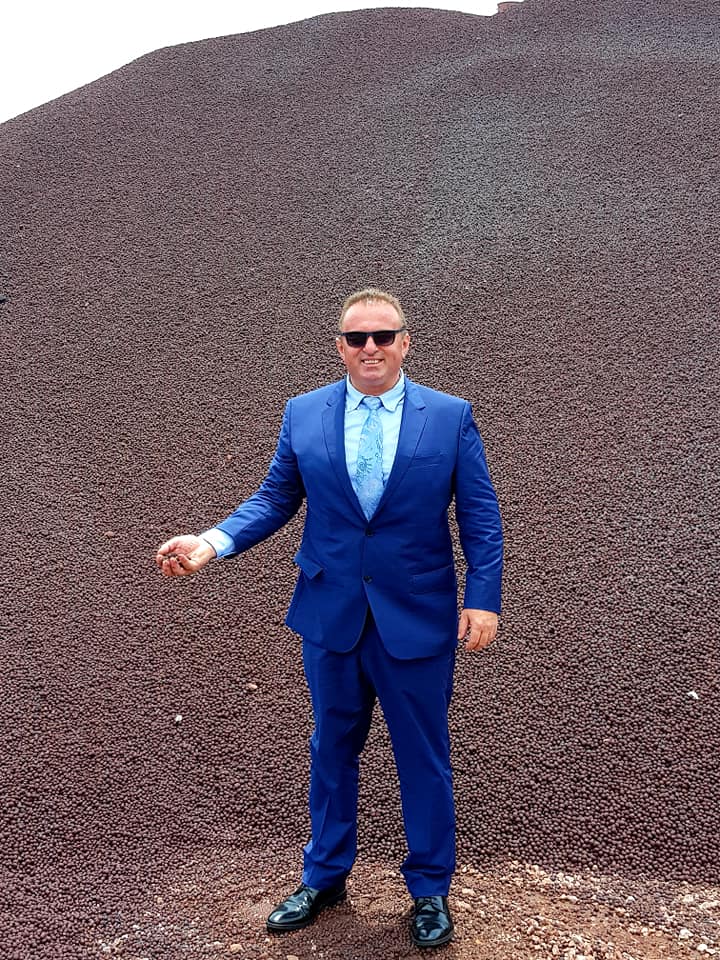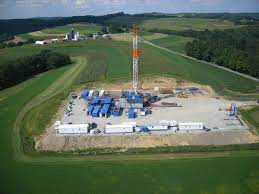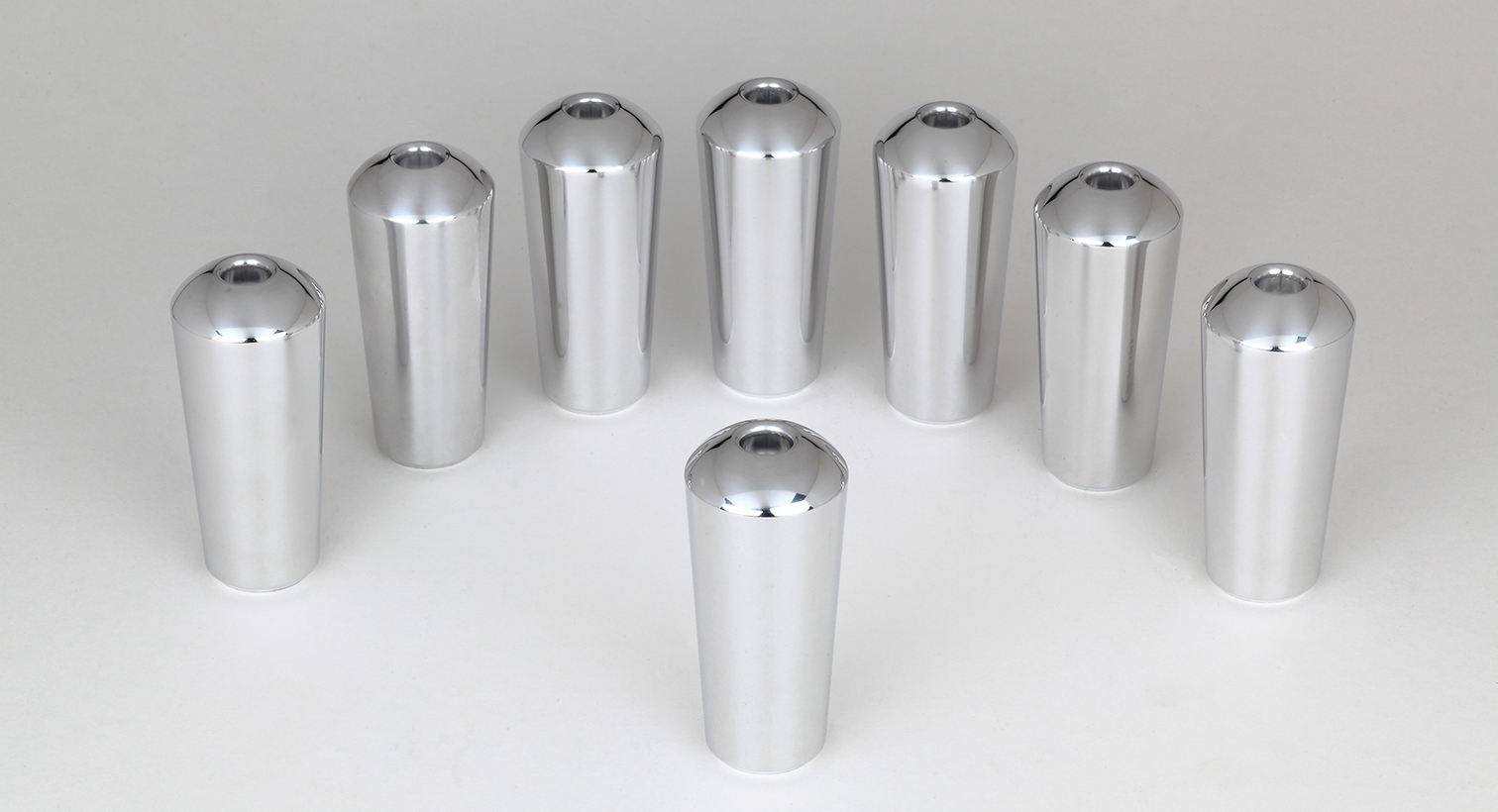Iron ore is the world’s third most produced commodity by volume and second most traded commodity only beaten by crude oil.
The mining of iron ore is highly energy intensive and causes air pollution in the form of nitrous oxide, carbon dioxide, carbon monoxide, and sulfur dioxide from diesel generators, trucks and other equipment.
Transporting the iron ore to final destination is one of the worlds most intense business, substantial road, port pollutions.
The mining of iron ore also causes water pollution of heavy metals and acid that drains from the mines. Acid drainage can go on for thousands of years after the mining activities have stopped.
Steel production is highly polluting also is the world’s most energy consuming industry and CO2 emitting industrial activity in the world.
Steel requires about 20 gigajoules of energy per ton produced. Three quarters of the energy comes from burning coal.
Steel production requires large inputs of coke which is extremely damaging to the environment. Coke ovens emit air pollution such as naphthalene that is highly toxic and can cause cancer.
Wastewater from the coking process is also highly toxic and contains a number of carcinogenic organic compounds as well as cyanide, sulfides, ammonium and ammonia.
On average, 1.8 tons of CO2 is emitted for every ton of steel produced making steel production one of the most polluting industry in the world.
Is there solution to reduce pollution of iron ore and steel?
Albanian Minerals CEO Sahit Muja said, “The most basic solution for air pollution is to move away from fossil fuels, replacing them with alternative green energies like hydro, solar, wind and geothermal. Producing clean energy is crucial”.
Mr. Muja said “One of the greatest help against pollution and a major breakthrough is iron ore pelleting with green magnesium olivine. Iron ore pellets offer a substantial benefits to steel producers Iron pellets save 30% of the energy, lower the cost of production, no pollution in ships, trucks, roads. Iron pellets improved productivity per cubic meter of blast furnace.
Olivine iron ore pellets lower emissions and dust compared to sinter. Reduced requirement of coking coal. Improved handling and transportation, Reduced loss of product. Mitigation of particle crushing and subsequent blocking of the furnace . Better in-furnace performance .
Iron ore pellets secret ingredient is magnesium olivine and limited amount of bentonite to bind the pellets.
Magnesium is the greatest solution against climate change and ocean acidification. It’s a nature’s way of turning carbon dioxide into nutrition and rock using mineral Olivine.
Hundreds of researches worldwide has proven that mineral magnesium olivine can capture CO2 and heal the planet.
Albanian Minerals holds the world’s largest magnesium olivine reserves and the finest quality in the planet. This magnesium in are mine is making a significant iron ore pellets that will benefit the global economy and reduce pollution”.
Sahit Muja added that; The Climate change is defining crisis of our time . Entire global populations is already suffering the impacts resulting from the increasing intensity and frequency of extreme weather events, fires, heavy rainfall, record droughts, desertification, environmental degradation.
According to the world’s leader in finest quality steel making SSAB, company has now produced the world’s first fossil-free steel from LKAB iron and delivered it to a customer. LKAB uses magnesium olivine and produces the finest iron ore pellets in the world.
The trial delivery is an important step on the way to a completely fossil-free value chain for iron and steelmaking and a milestone in the HYBRIT partnership between Swedish great companies SSAB, LKAB and Vattenfall
Discover more from Green Innovation News
Subscribe to get the latest posts sent to your email.





